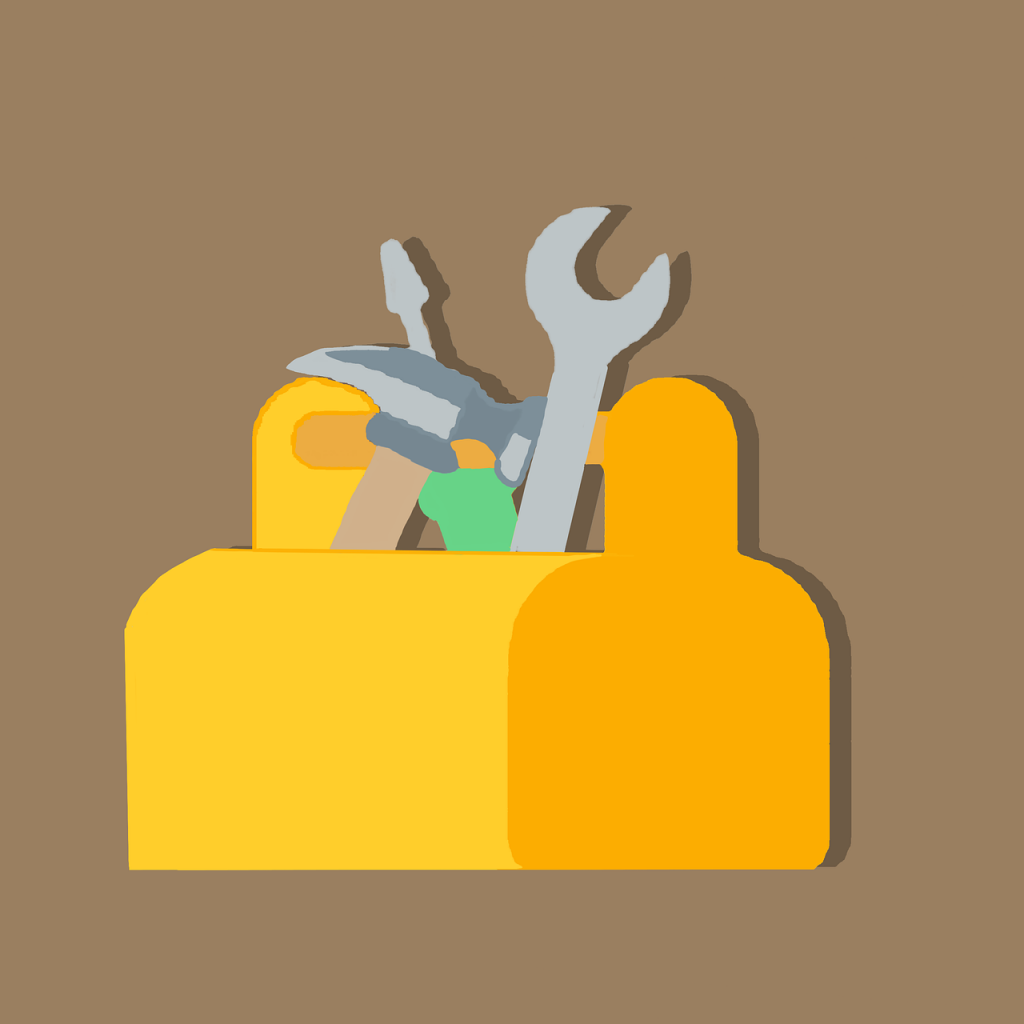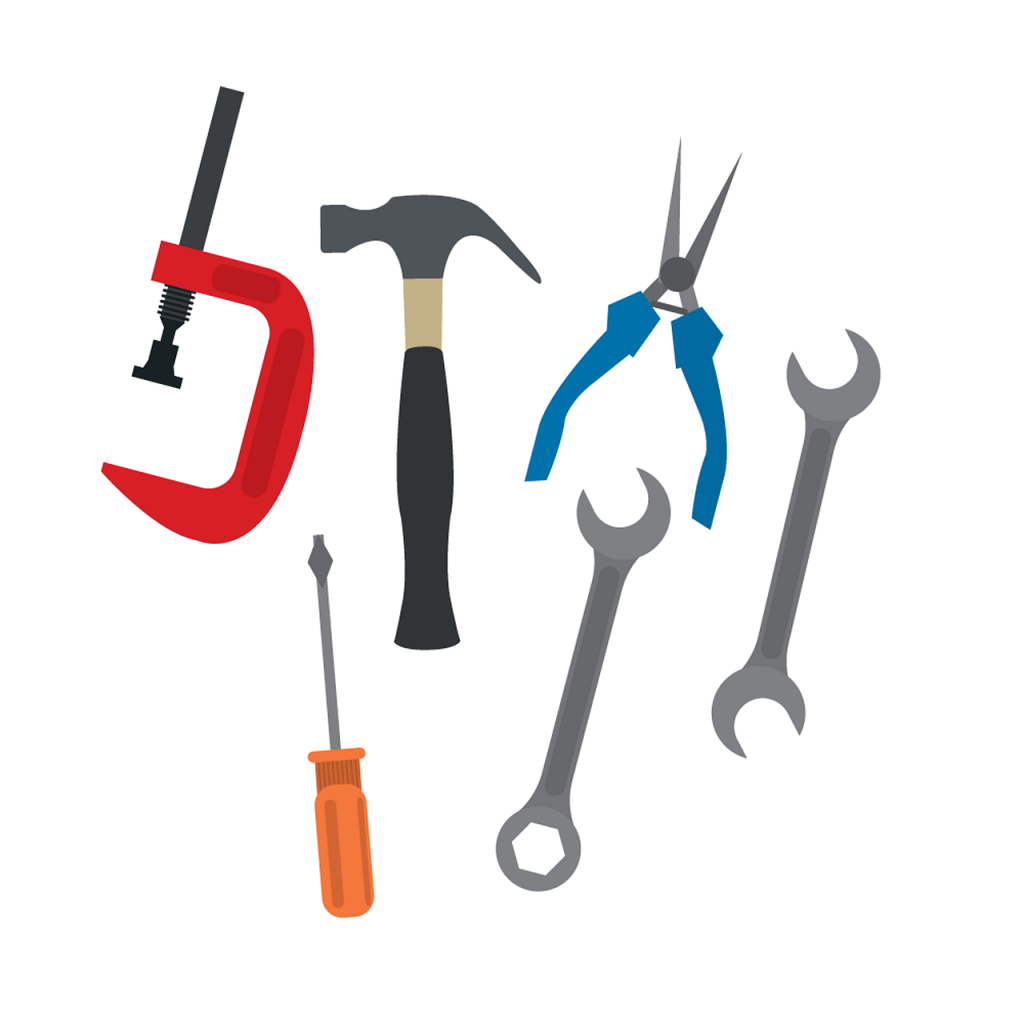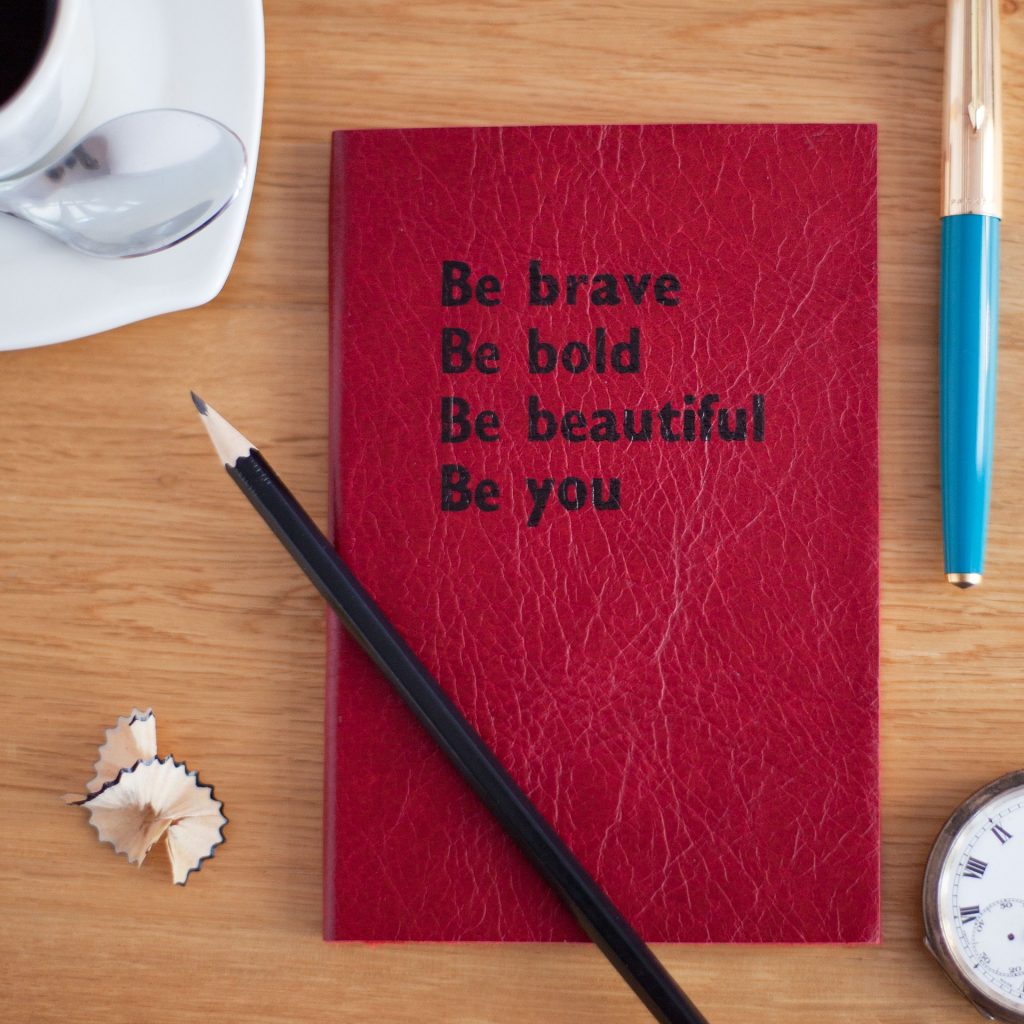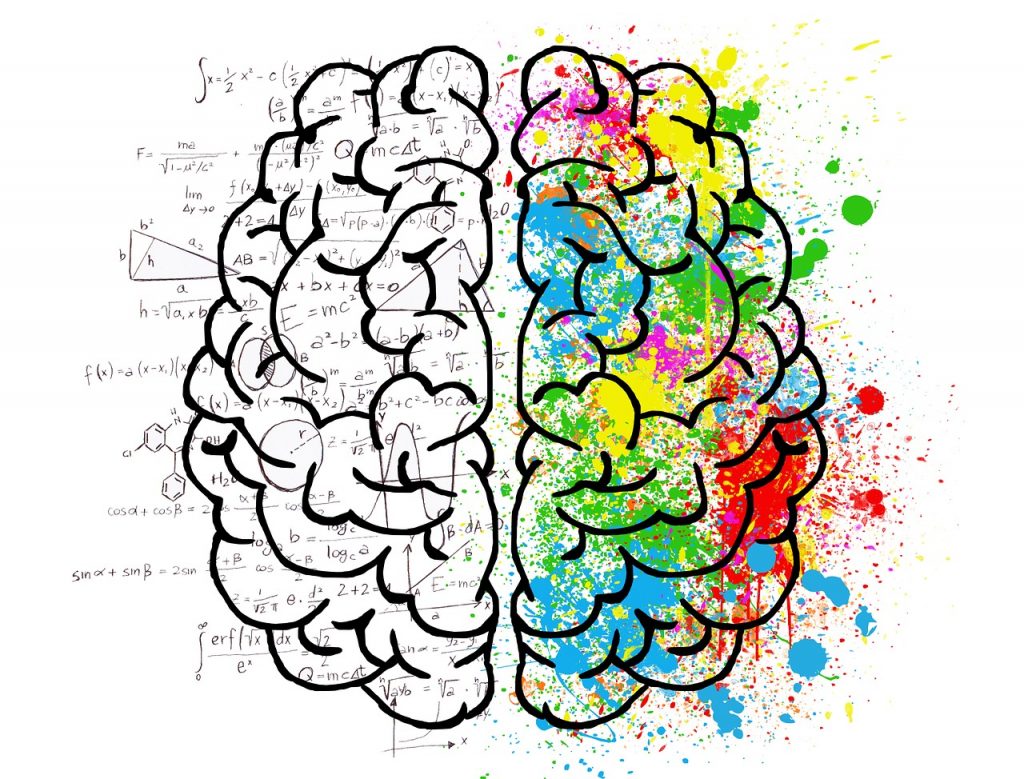What’s in your toolbox?! I was recently at a meeting and friend turned to me and said “I have a strange picture that I’ve seen, it’s you with a golden toolbox. It’s like you have everything you need in that toolbox to deal with life”.

This spoke volumes to me as a person and as a health care professional. Having worked in a team which was predominantly psychological I was immersed in the language of the therapists and the word toolbox often came up. I sat in on plenty of group therapy sessions and got to experience a whole range of different therapies. Also, in our team meetings we used these skills on ourselves as part of the debrief process. It showed me how important it is to look after not just your patients, but yourself. If you have a life with some stress in it (let’s face it that is probably everyone) then you need to have some skills to hand that help you deal with that stress. Stress and anxiety can be a huge factor in an eating disorder, in mental health conditions and also to physical digestive issues such as IBS. When you have a stressful event how do you respond? What does it trigger in you? When you know how you respond you can start to work on a more effective and helpful mechanism.
I will never forget my interview for my eating disorder post. I was asked such an eclectic mix of questions that I had no idea how I had done on leaving the room. When I received the call to say I had the job, I asked why I was chosen. The response “we could see you are robust and able to cope with the strains of this work”. In the eating disorder field this robustness is certainly needed. I continually need to keep on top of my own anxiety and practise what I preach.
I want to highlight some skills or tools that we all, health professionals, patients, people, could include in our golden toolbox. Tools you can use regularly for moments of anxiety, tools you can pull out for those emergency moments.

I remember being on a train that got stuck in a tunnel and suddenly feeling trapped and my anxiety levels rising. It was not an experience I was prepared for and suddenly I knew I needed to use one of my tools. At that point visualisation of a calm beach with lapping waves and some square breathing helped immensley. I know if I had not practised these skills previously, I wouldn’t have been able to use them there and then. So practise really is the key.
Here are some of my favourite toolbox tools that I use myself and recommend.
Journaling –
I’m a seasoned journalling fan. This is something I have always done since my teenage years, I now have a lot of full notebooks with a collection of my teen angst, my working life, my spiritual life and my family life in them. Looking back it shows me how I have evolved and where my stress triggers are. I can see the patterns that I fall into and work on improving my reactions. I dig out my journal when I have a moment I need to work through, when my mind feels cluttered or when something erupts! I also love to journal the good and positive, so any life events or just when I get the urge.

If you are on a recovery journey then I recommend that you journal daily or at least 4 times a week. It needs to become a discipline and a part of your coping mechanism. A good way to start is to write down 3 things that went no so well in your day and how you could have dealt with these better. Then always finish on a positive, so 3 things that have gone well or that you coped with well. You can also take a single scenario and write out alternative endings. Using an eating disorder example: You had an argument with a friend, this increased your stress and you responded by missing your snack. Thinking through why this was not a useful response – restriction of food does not help your emotional well being, it is a quite fix but not a long term cure. Now you have missed out on some nutrition for the day and your body is hungry. Your body needs regular food right now as you work towards recovery. So take a think through how you could have responded instead…. maybe you could have gone for a walk, taken a bath or done some mindfulness to help you reduce your anxiety after the argument instead of turning to food.
Mindfulness and Breathing –
Such a buzz word at the moment, but this is not a fad. I’ve been using mindfulness with eating disorder clients for over 10 years and I’m sure it has been used for far, far longer than this. Just 10 minutes before a meal or after a meal can make a huge difference. It is all about calming your thoughts and body. I personally love just deep breathing, there are so many variations on this so try a few out. For me, the breathing is something that spills over from Pilates practise and so I get a double benefit from Pilates of exercise and mindfulness. There are some great free resources to help here.

Exercise –
This is something to decide upon according to your recovery stage. Exercise can be amazing as a mood booster and a de-stresser. However if you are working on weight gain then it will also have an affect on this. If your BMI is less than 17.5 then you will want to modify your exercise so that it is physically safe.
Distraction –
I often suggest that people put together a list of distraction techniques that they can use. For example, after a meal, or when a the urge to binge strikes, at times when anxiety levels are rising it can be useful to have an activity planned. Things like craft, having a friend to call, painting your nails, reading a book, cleaning out a cupboard – something that immerses your mind and changes your thoughts. Puzzles, crosswords, knitting, collage are all great things to have on your list.

Positive thoughts –
Those anxious, negative thoughts are something that we all get. It is how we deal with them that is key. I love the thought of noticing the thought, and finding the opposite reaction. So turn that negative into a positive. If you practise this regularly it can turn into a habit that you hardly notice you are doing. I’m now working on this one with my children too, teaching then that there is always a positive side to things. It is a great skill to learn at a young age but one that you can learn at any age.